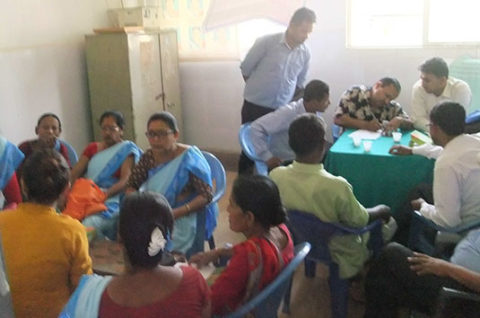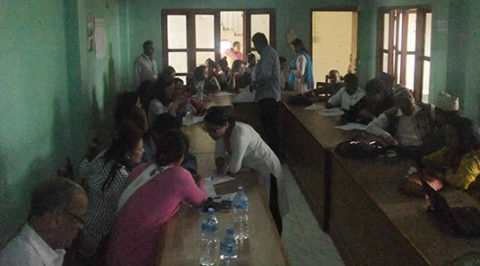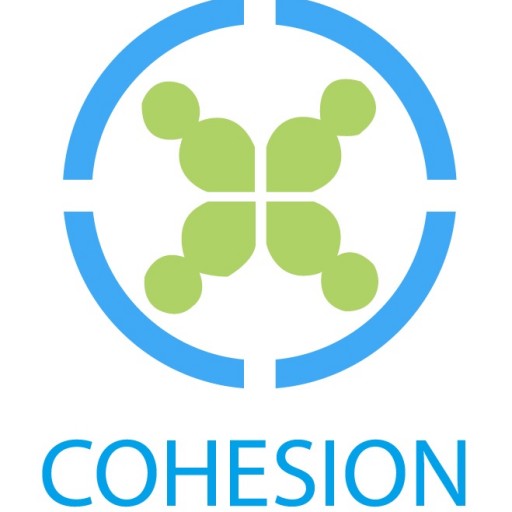The Nepal COHESION team organized meetings in Itahari (urban) and Baniyani (rural) at the Primary Health Care Centers on 5-6 April 2018, with the goal of sharing with the stakeholders the responsiveness frameworks that could guide the future intervention and of receiving their feedback. The participants included teachers, committee members, social workers, female community health volunteers, health workers, leaders, and community authorities.

Group work Baniyani
The meetings with 32 participants in Baniyani and 41 in Itahari began with an introduction presenting the work conducted so far, including the suggestions made by stakeholders during previous co-creation sessions. Next, the WHO health system responsiveness framework and eight domains were explained (1) Dignity, 2) Autonomy, 3) Confidentiality, 4) Clear Communication 5) Prompt attention, 6) Quality of amenities, 7) Access to social support networks, and 8) Choice of self-provider).

Group work Itahari
Participants were also informed about the focus of the future intervention on community dialogues and capacity building to improve the responsiveness of the health services. Participants took notes, presented their understanding of the responsiveness domains and ranked them for their relevance to the communities of Itahari and Baniyani. For them ‘prompt attention’ was given the utmost priority for both settings, followed by ‘confidentiality of information’ in Itahari and ‘dignity’ in Baniyani.
Overall, community members and health workers were interested in the WHO responsiveness framework, were happy to discuss its domains and expressed their willingness to improve the health services responsiveness in the selected sites.
The COHESION team is very grateful for the high involvement and feedback provided by the co-creation session participants.
